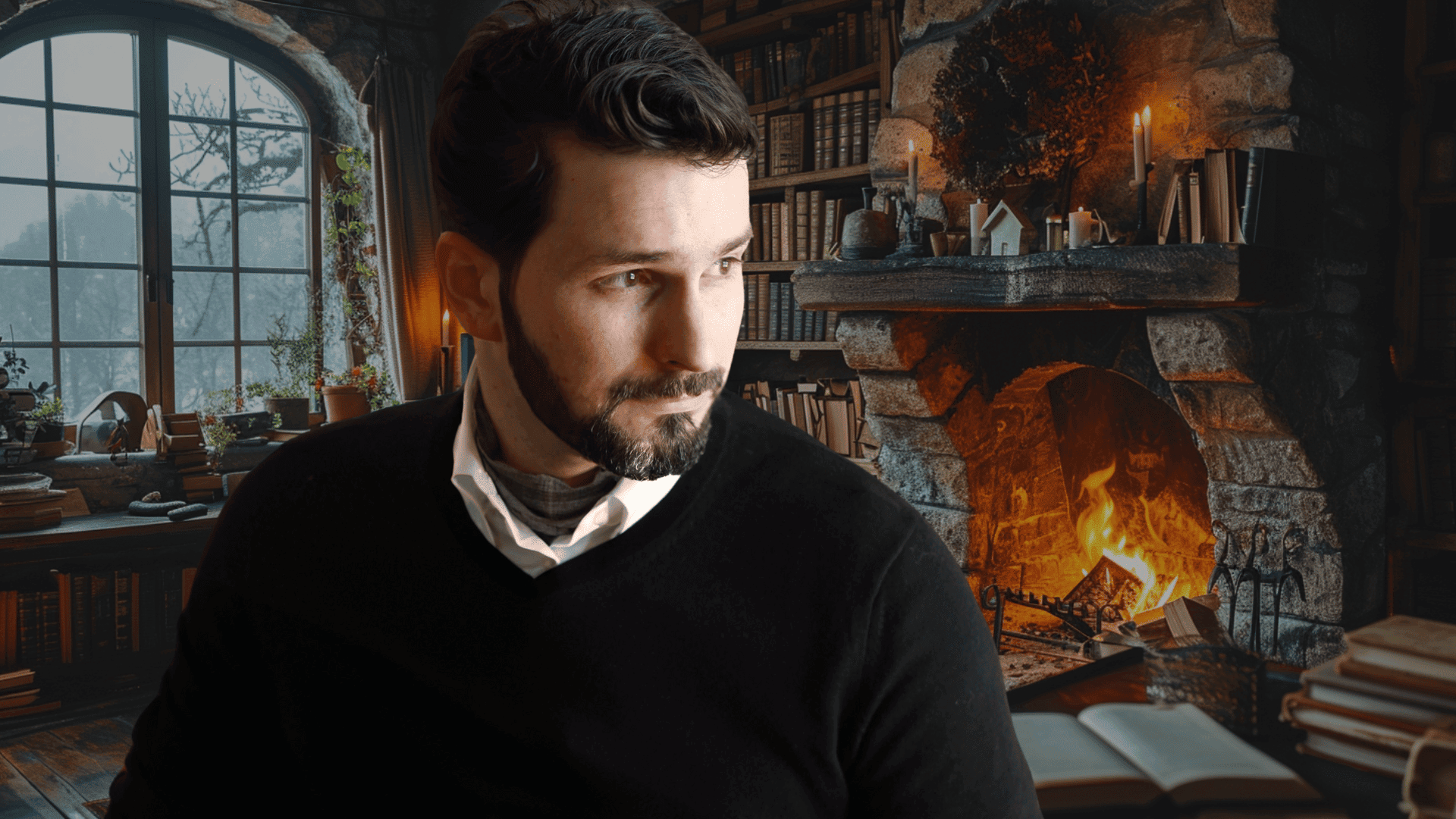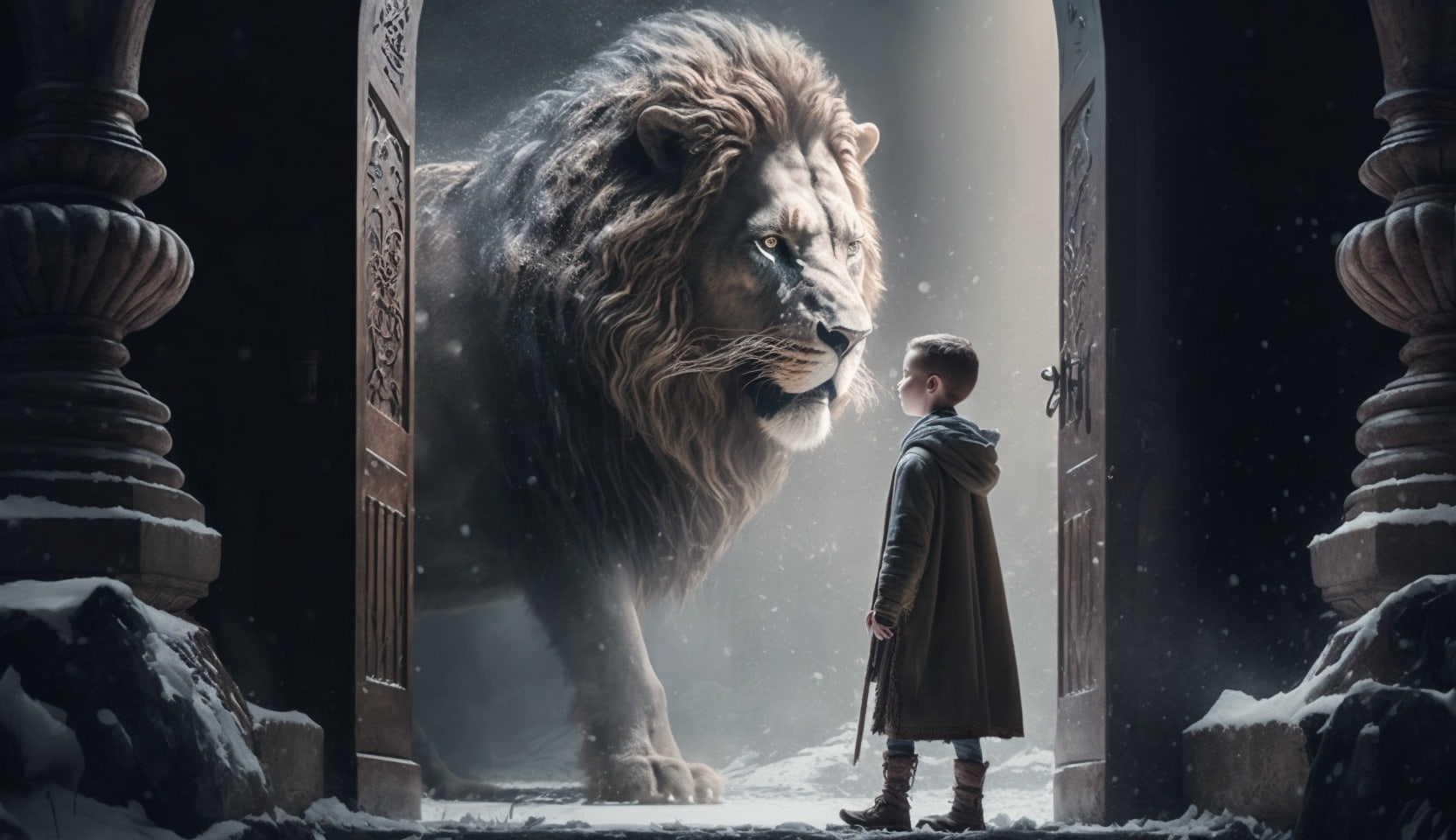Stories are a way we share human experience. We help readers live through something they would never have endured or survive in reality, through their imagination.
We helped them to enter our mindworld and see things through our eyes.
Our novels can fill with passion and hope, change the way we look at the world, perhaps challenge someone to change the way they live.
“I have found that people outside the Church like to suppose that the Church acts as a restraint on the creativity of the Catholic writer and that she keeps him from reaching his full development.” Flannery O’Connor, ‘Catholic Novelists and Their Readers’
How does the Faith ‘fit’ into all this?
If you have to try to shoehorn the Faith into your story, you might be doing it wrong.
As a Catholic author, it should to be part of the inspiration we’re using to create.
Perhaps it already is, but you’re unconscious of it.
We are either awake, and choosing to carry out a message. Or we’re asleep, and enacting someone else’s.
It is critical to reflect and dig deep. We need to find out why we are moved by things.
You see, we don’t have ideas. Not the big ones, the true ones. We have little ideas, the half-baked ones that come to us in dreams and reveries and dark moments.
These ideas bubble up and fade in our imaginations. But the real ideas, the big ones, things that relate to humanity across ages, these are much bigger.
Ideas have us.
Why we can’t live on autopilot
We are like clay vessels into which ancient spells are poured. We are like instruments that resonate with archetypal ideas and symbols that pre-existed planets.
Angels are living ideas. They are like music.
And we suddenly turn a corner one day and are struck with inspiration. The ‘muse’ has hit.
Or, we have come into resonance with a greater reality.
If we’re not observant and careful, we accept all kinds of ideas. From other people, from cultures, from angels, from demons.
It is weakness to accept as truth the things that we’re just comfortable knowing.
That is what cultural and liturgical tradition decomposes into – things we’re comfortable with. Things we preserve. Museums.
But great truths and ideas are like multi-sided icebergs, with only a shard pressing through into our dimension. At a later time, a new, resonant truth will emerge to enrich the last.
And for all, we must test everything, and hold fast to what is good.
If a picture is worth a thousand words, an experience is worth a thousand pictures. An experience can birth a thousand pictures.
Because if we’re not speaking from our own experience, then we’re channeling someone else’s voice.
We are mediums for possibly dead and unreflective people. That’s never a good thing. We have to grapple with truth, for the sake of others.
Israel means the ‘God-wrestler’, loosely speaking. Throughout her history, Israel has grappled with Heaven and the mysteries. Not blindly accepted everything from on high.
Each person in each age must step up to their own resurrection moment and life in Christ. We can’t borrow someone else’s.
And authors are like seances for the angel realms. We dream up lives and voices to utter harshness and harmony. What wells are we drinking from?
Are we sure we have spent the time to dig a level deeper than the floor of our narrative, and stir around at the persons, pressures, and pasts that give us our identity?
This is an important truth here. We are not distinct bags of jello, each with our own thoughts separate from billions of other beings.
We share a common animal body with all of creation, and it is ‘programmed’ by millions of years of accumulated animal experience.
On top of that, we are attuned to archetypal themes of awareness, themes that existed among the angels before us. These themes are also patterns of living that tens of thousands of years of human living impress in us from the inside out. Like the ghosts of the past.
Who are we, in ourselves?
We are a single seat of consciousness that sits over an interior kingdom of ghosts. If we aren’t careful, we can change from emotion to emotion, moment to moment, personality to personality.
It takes hard work and prayer and introspection to detach, become aware, and perceive the thin threads of the Holy Spirit offering anchor through the ups and downs.
And God said it was all good, very good.
The world doesn’t need more authors who call themselves ‘Catholic’.
It needs more stories that spring from the fountain of inspiration that Christianity brings an author and our craft.
“When the Catholic novelist closes his own eyes and tries to see with the eyes of the Church, the result is another addition to that large body of pious trash for which we have so long been famous.” Flannery O’Connor, ‘Catholic Novelists and Their Readers’
Fiction is more than a new stained-glass window to look at the same things.
Christian fiction is a delving into our own personalities, interests, and hard-won insights, like swimming in a sunless sea for the glint of treasure.
It’s anything but simple.
We are like the pioneers for our generation, wrestling with ourselves to understand our own cosmic contribution to the world hoard of our people.
We pre-digest deep, dangerous, and delightful ideas for others into a story, a moment, an imagined experience.
We act like a doorway to help people enter their own inner Narnias.
Its anything but easy.



For me, becoming any kind of author is still more dream than reality. Like Jeremiah, I hesitate pursuing it because no one has really asked me to. Or maybe it’s poor hearing on my part. I can’t hear the invitation very well. I will stay with this small start a bit longer and see what comes from it.
I think it could be a very humble comment here. It’s possible that you need to stay in a place of awareness and interest for a while. Cultivate that, as opposed to regularly avoiding or walking away. When we nurture openness to creativity, and welcome imagination, and turn that into a habit, we create fertile ground for inspiration and intuition. Next steps will come when they’re ready. :)
I feel like this section pushes back against my inner voices protesting that I shouldn’t spend so much time writing a story no-one asked for. I suppose it is a big risk, and I just need to take it prayerfully, checking against hubris and discouragement alike.
Well said!